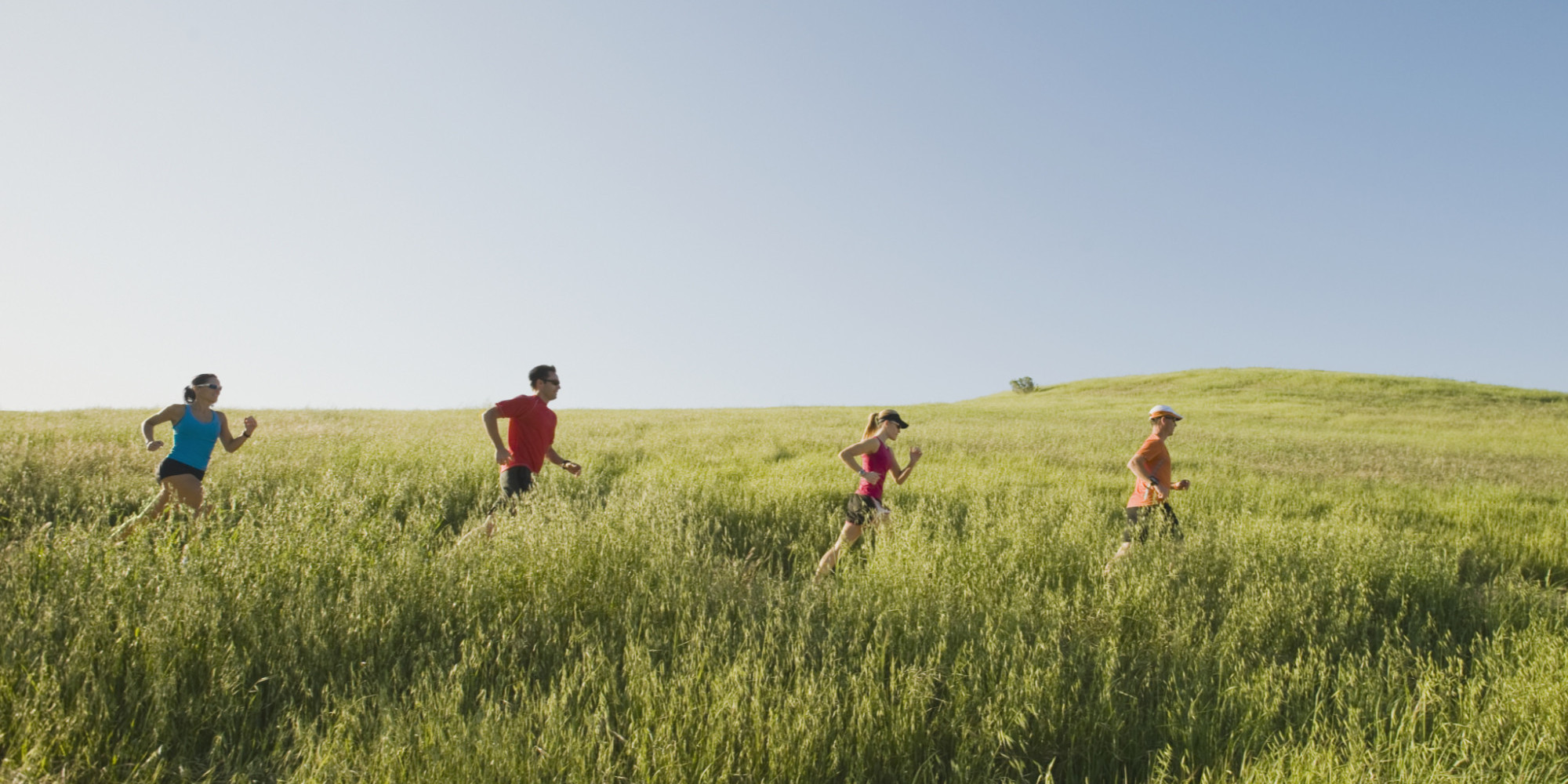Staying in the groove of an exercise routine can be challenging enough. Add seasonal allergies into the mix and between the runny nose, watery eyes, congestion, sneezing fits, fatigue and other annoying symptoms, it can be hard to be motivated to workout, especially outside.
According to the American College of Allergy, Asthma and Immunology, pollen is one of the most common seasonal allergy triggers – but you don’t have to let allergies take control of your workout plans.
1. Use outdoor exercise to help control symptoms.
Although you can’t exercise away your allergies, staying active may help keep symptoms at bay.
2. Time your workout right.
Pollen count varies during the seasons and time of day. Avoid the times of the day and the times of the season when the pollen counts are highest. Most pollens tend to be highest in the early morning hours and lower later in the afternoon. Those windy and warm days can bring about a surge in pollen counts, so check your local pollen count each day before heading outside.
3. Keep your peepers protected.
If you feel good enough to exercise outside, great – but don’t give pollen a chance to trigger symptoms. Anything you can do to cover the surfaces or areas where the pollen is going to be entering the body is going to be a help. Sunglasses can help protect and keep pollen out of the eyes. Depending on how hot or cold it is, cover your nose or mouth. Some say that breathing in through your nose instead of your mouth is effective, since the nose acts as a filter.
4. Try OTC medicine to ease symptoms.
While symptoms are a pain, they can usually be managed. For seasonal allergies, usually antihistamines or nasal steroid sprays are the most effective. They don’t make you drowsy and dry you out.
5. Exercise indoors when pollen levels are sky high.
If the only time you can exercise on a given day is when pollen count is high or you just don’t want the added aggravation, head for an air-conditioned gym. If you can’t make it to a gym, an at-home workout (especially if the A.C. is on) will do the trick, too.
HCA Midwest Health is the official healthcare provider for Heartland Soccer Association and we work with parents and coaches to keep athletes safe and on the field of play year round, learn more about our services at www.hcamidwest.com

